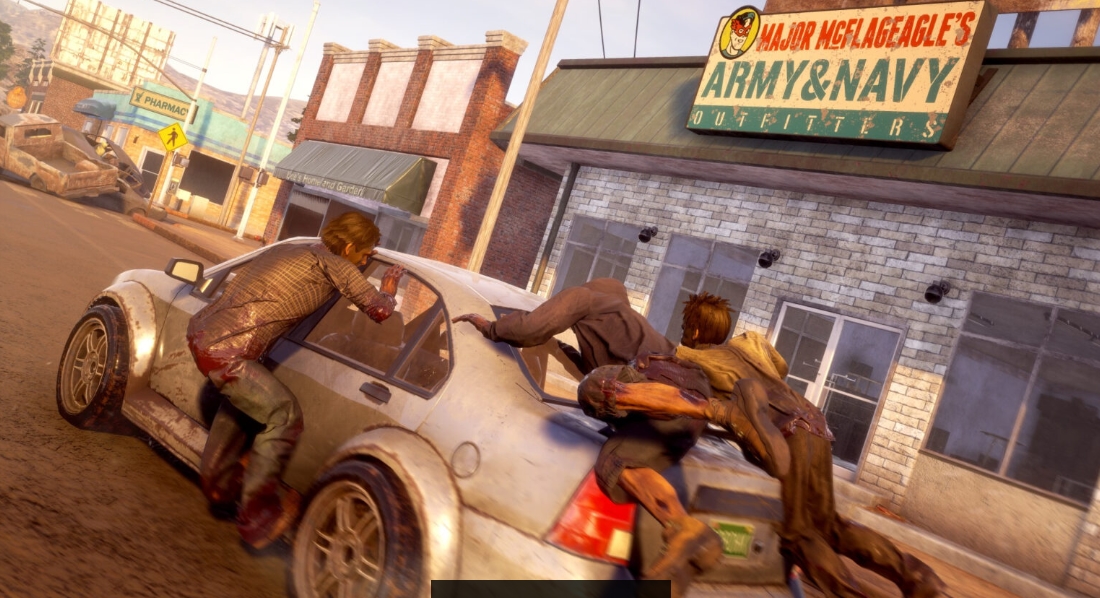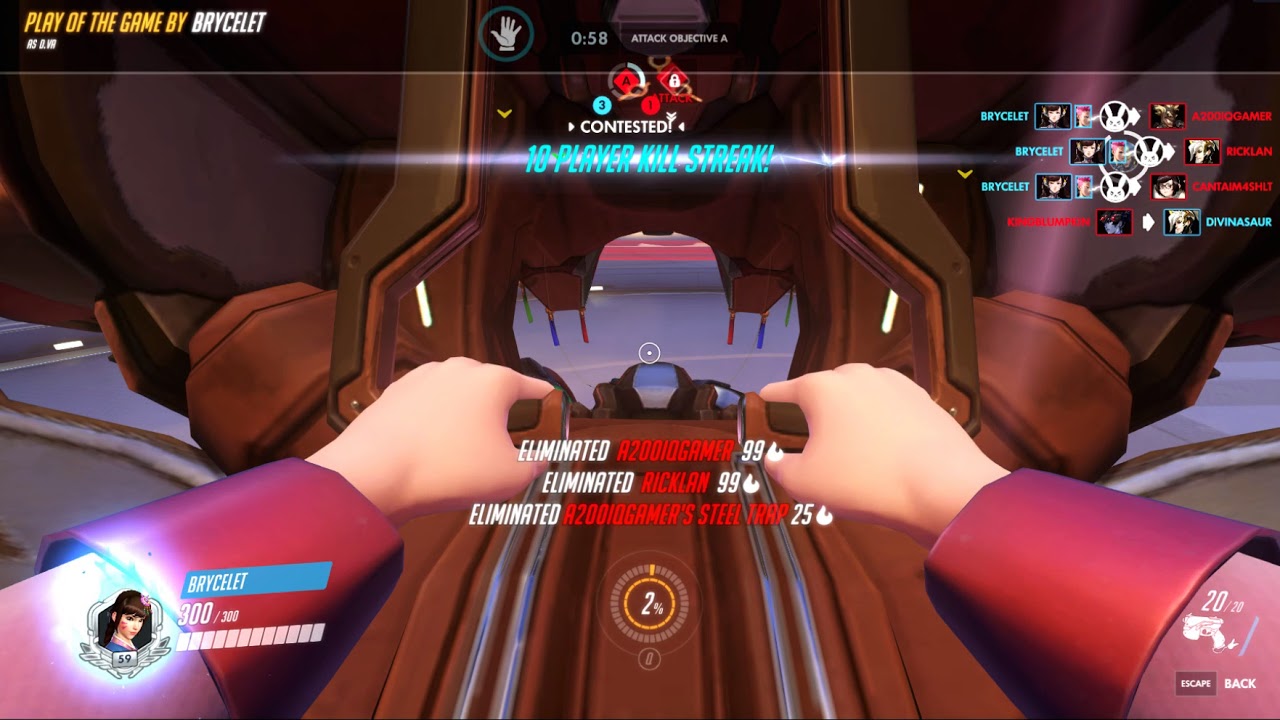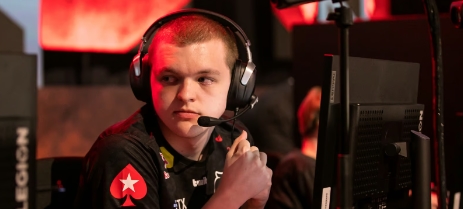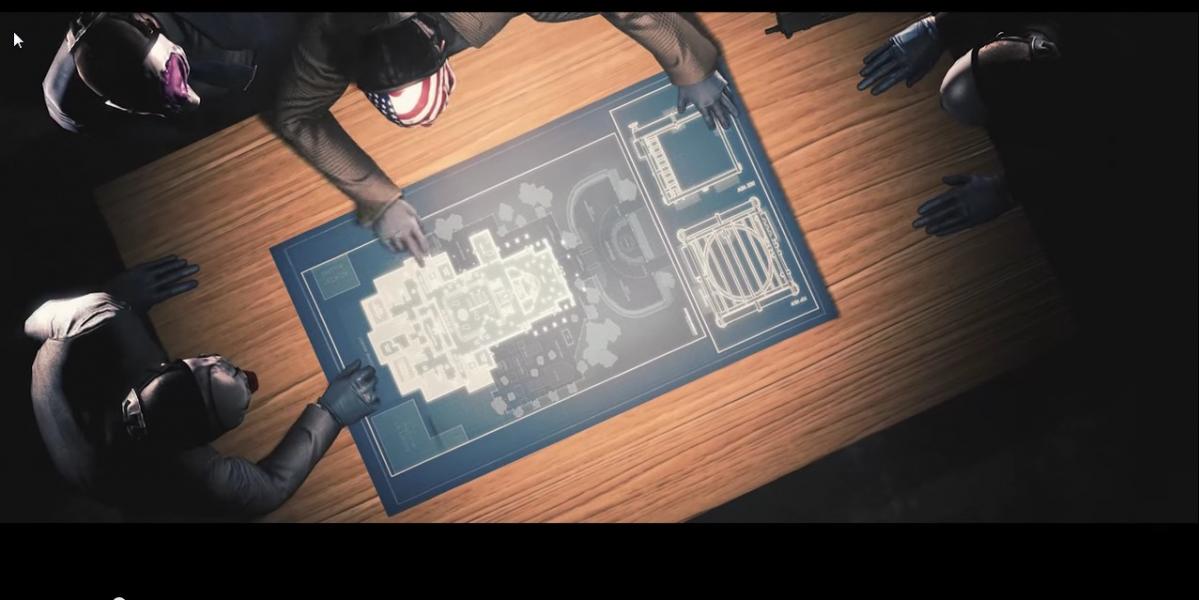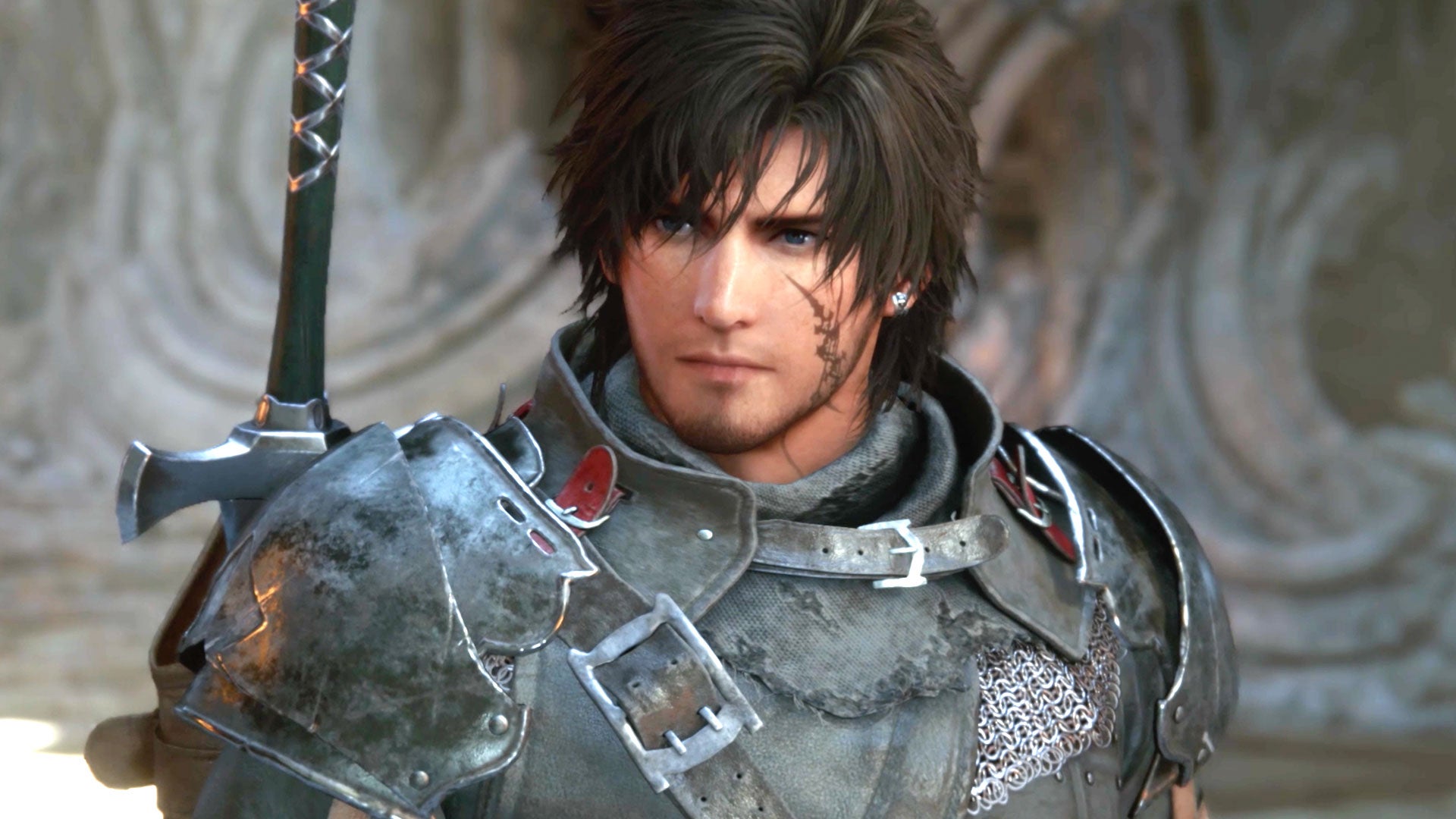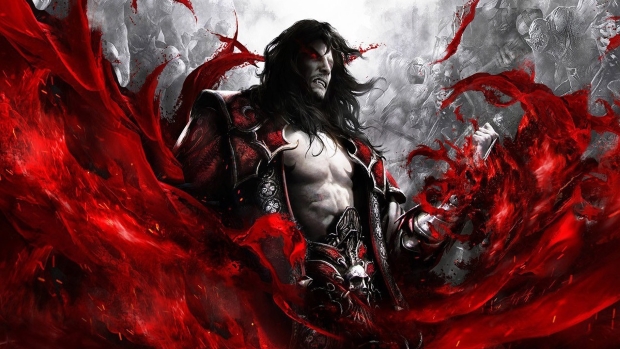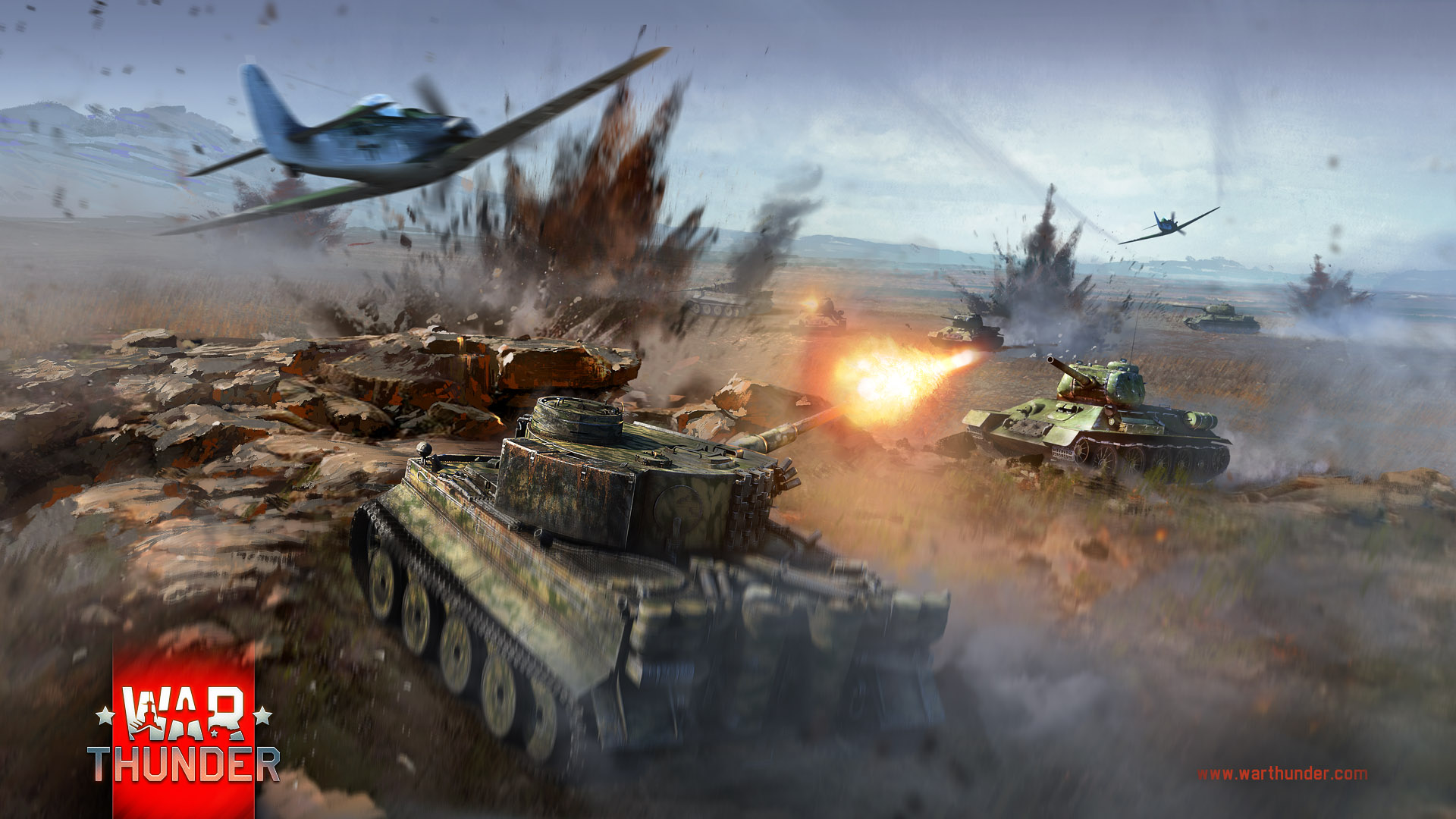
Many different games are based on an idea, a concept, and an inspiration of some sort. When considering the stories and lore of old, mythology is a great place to take things away from. Sometimes they have stories that tell a moral that you can craft something original out of and sometimes they have compelling, layered characters that one can steal straight from the source. There are many different forms of mythology and many different games that have created something worthy of being experienced by gamers out there. Here are just some of the games that can teach you a thing or two!
10. Hades
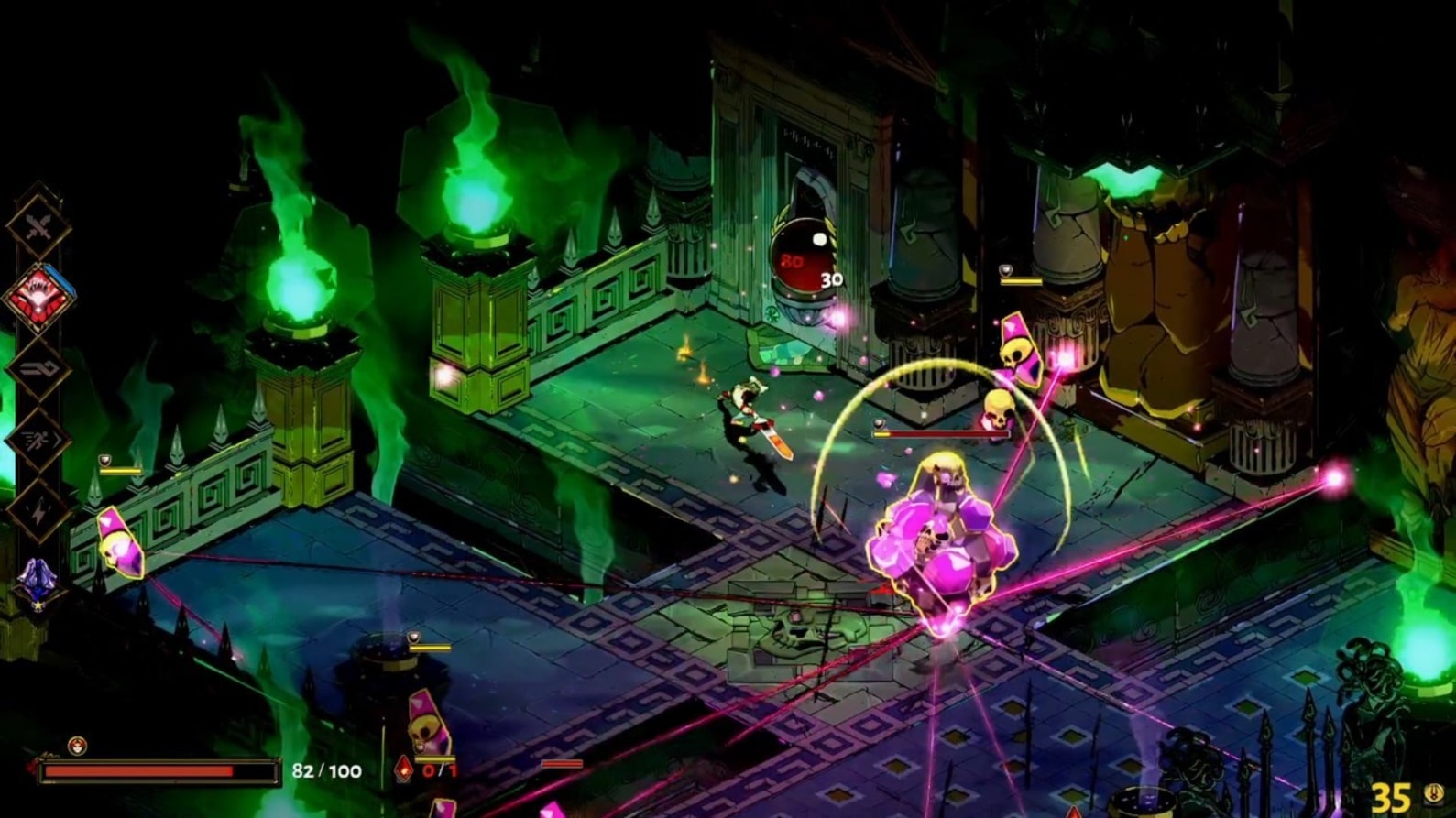
You know: the underworld is kinda bumpin' for a place of the dead.
Do you like roguelike RPGs, Greek mythology, or even both? Hades is a game that offers players the ability to hack and slash their way through dungeon after dungeon, awaiting death at every turn. However, if you like soulslike difficulty levels and a learning curve in your games to achieve greatness and victory, this might be the game for you!
Hades follows Zagreus who, in this game, is the prince of the underworld and Hades’ son, and depicts his many escape attempts from the hellish depths. In mythology, Zagreus is an interesting character as he has many interpretations of his relation to other mythological figures, his relation to Hades only being one such connection to the source material. The game also depicts Persephone, Hades’ captive wife in Greek Mythology, Nyx, the goddess of the night, Hades himself, Thanatos, god of death, as well as a slew of other Greek mythological characters!
This game is a blast for its replayability, offering procedurally generated maps to explore as you make your way through the many regions of the underworld. You also get boons as you set on your way to clear levels, helping to make the game a little bit easier as the difficulty increases. It has a lot to offer in its gameplay, as well as in its colorful cast of characters voiced by talented people such as Darren Korb, Jamie Landrum, and Logan Cunningham.
9. Assassin's Creed Odyssey
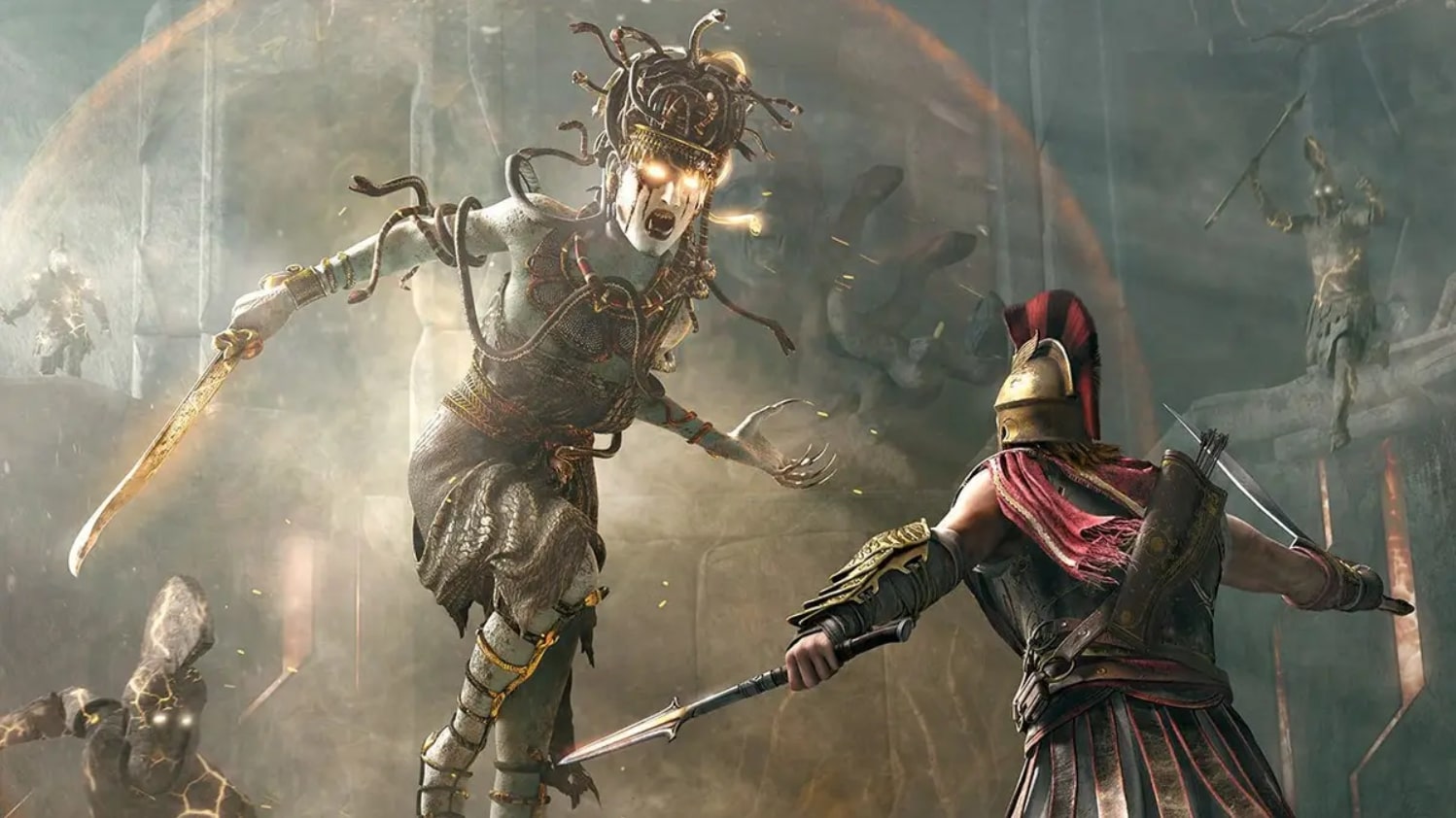
Need a haircut?
Assassin’s Creed is a franchise well-known for giving us games with historical relevance, great stealth and action mechanics, and rich settings to leap, climb, and parkour through. In recent years, however, Ubisoft has taken slightly different directions in the franchise, particularly in how they address certain eras in certain cultures, such as with Assassin’s Creed Odyssey which also draws from Greek mythology. It was released in 2018 worldwide to critical acclaim.
The game features a handful of mythical creatures from Greek mythology, such as Medusa (featured above), the cyclops, the minotaur, and the sphinx. Not to mention, as a whole, the game takes place during the Peloponnesian war, an ancient war between Athens and Sparta, for dominance over Greece and its regions. The two playable characters, Alexios and Kassandra, are also depicted as the grandchildren of Leonidas I, famed king and general of Sparta.
This game is a fantastical spectacle to view, showing off incredible regions such as Phokis, Attika, and Arkadia through breathtaking cityscapes. The combat is some of the best in the series too, utilizing spear, sword, dagger, blunt instrument, and bow and arrow combat, in comparison to the one dimensional swordplay that its predecessors opted for. Overall, this game is a must-have in anyone’s library, whether or not they’re familiar with the Assassin’s Creed formula.
8. SMITE®
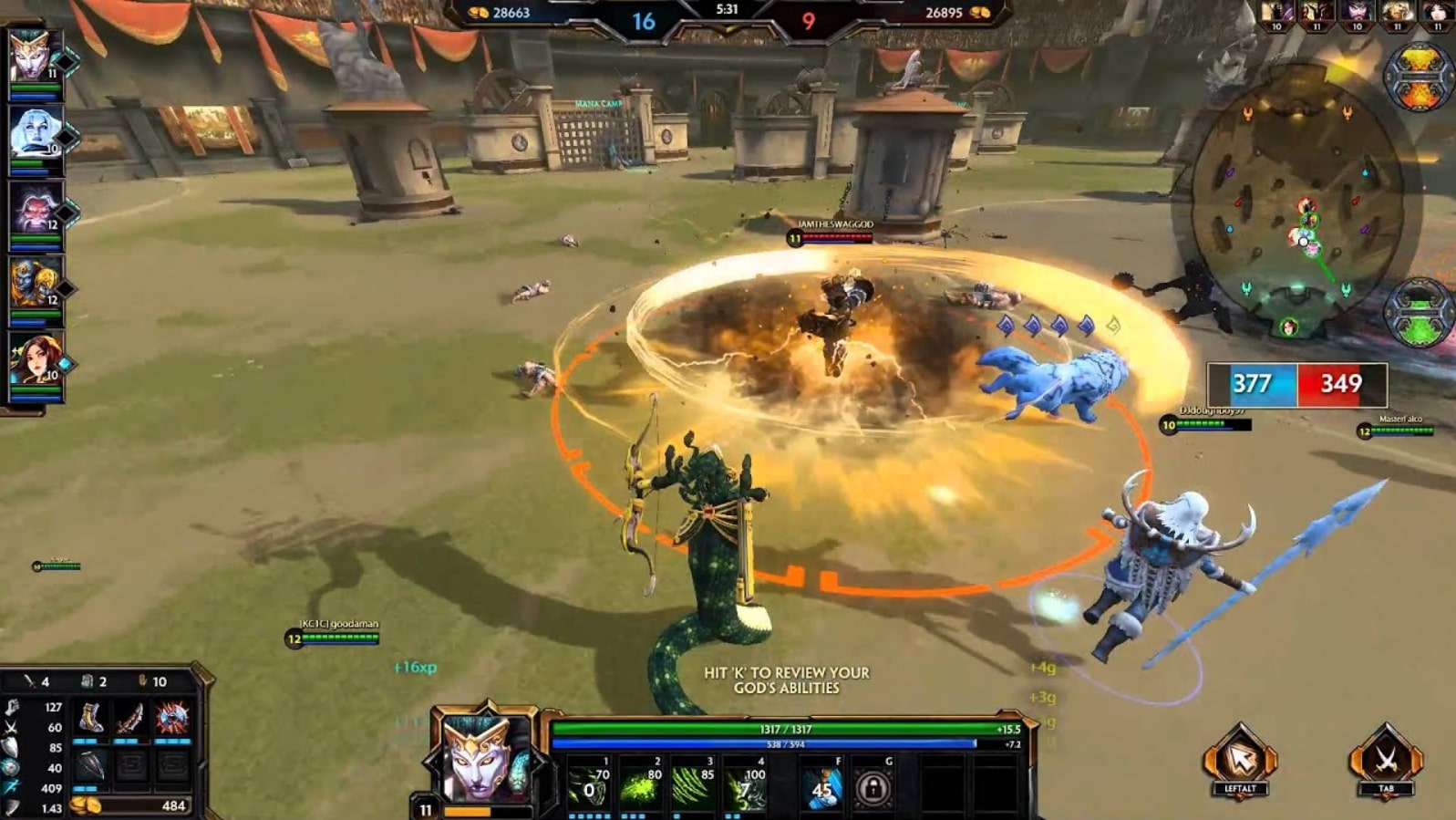
It's not a question of who's pegging who, but a question of who's pegging harder?
In 2014, gamers were granted another alternative to League of Legends (LoL) in the form of SMITE®. Geared towards casual gamers who want to get a feel for MOBAs and what they’re about, while aspects of the gameplay are fundamentally different, the simple objectives around PvP and objective claiming are very much alive and intact in this wily, fast-paced game. From the incredible artstyle to the team-building this game fosters, there is a lot to appreciate about this game.
SMITE® doesn’t have some overarching plot in relation to the mythology it covers, but merely focuses on its menagerie of gods and goddesses. It’s ever-growing and takes from a variety of different cultures such as Greek, Roman, Babylonian, Celtic, and even Voodoo. Most of the stories in the SMITE® universe started as part of a string of comics known as SMITE: The Pantheon War, but a lot of the continuity can be found in the bios of new god releases.
This game is toxic and I really do mean that in the best way possible. I’m sure we’ve all been there before, playing a game you hate to love, you hate to get better at, and feeling like you’re part of the problem in some ways, as it’s easy to make a game unplayable by just having enough people play it and have those same people devote their everything into it. This game is a MOBA not just technically, but from a culture standpoint as well: as in “this game makes me want to pull out my hair, spend all my money or in-game currency to show that I’m the best, and I’m letting it happen, oh god, why am I letting it happen?”
7. God Of War (2018)
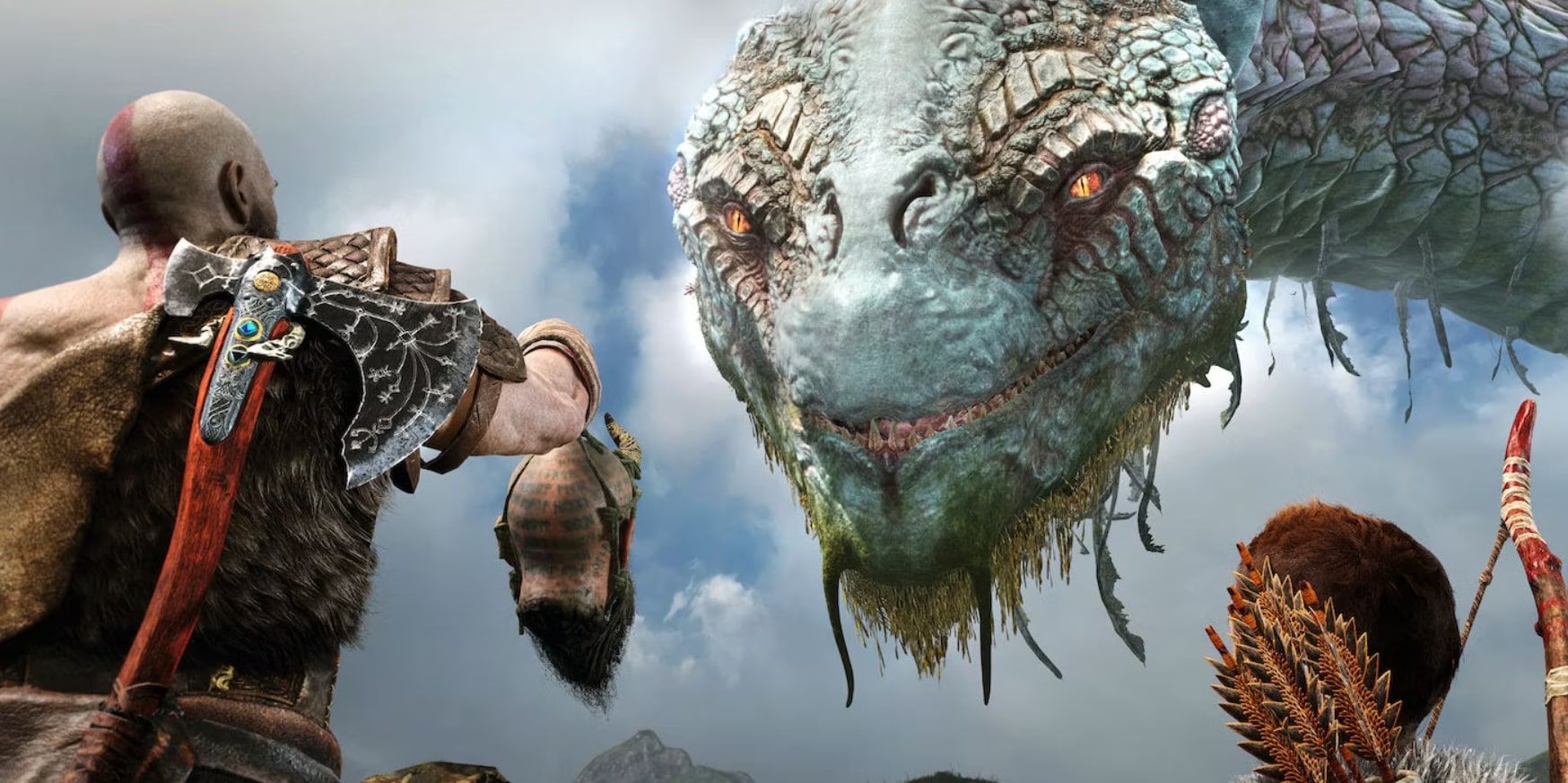
What are you talking about? This is a totally normal scene in a totally normal game.
Originally appearing as a PlayStation exclusive, but going on to receive a Windows port early last year, we have God of War (2018). As a continuation of the original God of War storyline, following Kratos after the events of Greece, we are thrust into the Nordic realm of Midgard. Some games are destined for greatness in the use of its storytelling and, with the many accolades it has collected over the years, there’s no doubt in anyone who’s played this game’s minds that it weaves a captivating story, paints dynamic landscapes, crafts multi-dimensional characters, and gives us some of the most satisfying combat seen in video games in recent years.
The story essentially tells a loose recreation of the events leading up to the mythological Ragnarök, what is to be the be all, end all of the world, resulting in a great war where many Norse characters are meant to perish. It begins to traverse many Nordic realms some way through the game outside of Midgard, such as Niflheim, Alfheim, and Helheim, to name a few. There are also callbacks to events that took place in previous entries, games that were loosely inspired by Greek mythology.
I have put in 60 hours of playtime into the game and explored so much of what it had to offer. I defeated every valkyrie, cleared the smoggy, poisonous maze of Niflheim, and finished every trial of Muspelheim, and, even when it got frustrating, I was glued to it because this game is so wonderfully crafted. Every little aspect of this game felt like a journey/adventure I was going on with Atreus, Kratos, and Mimir, between the good times, the bad times, the banter, and the battle, and made the game a more worthwhile play.
6. A Total War Saga: TROY
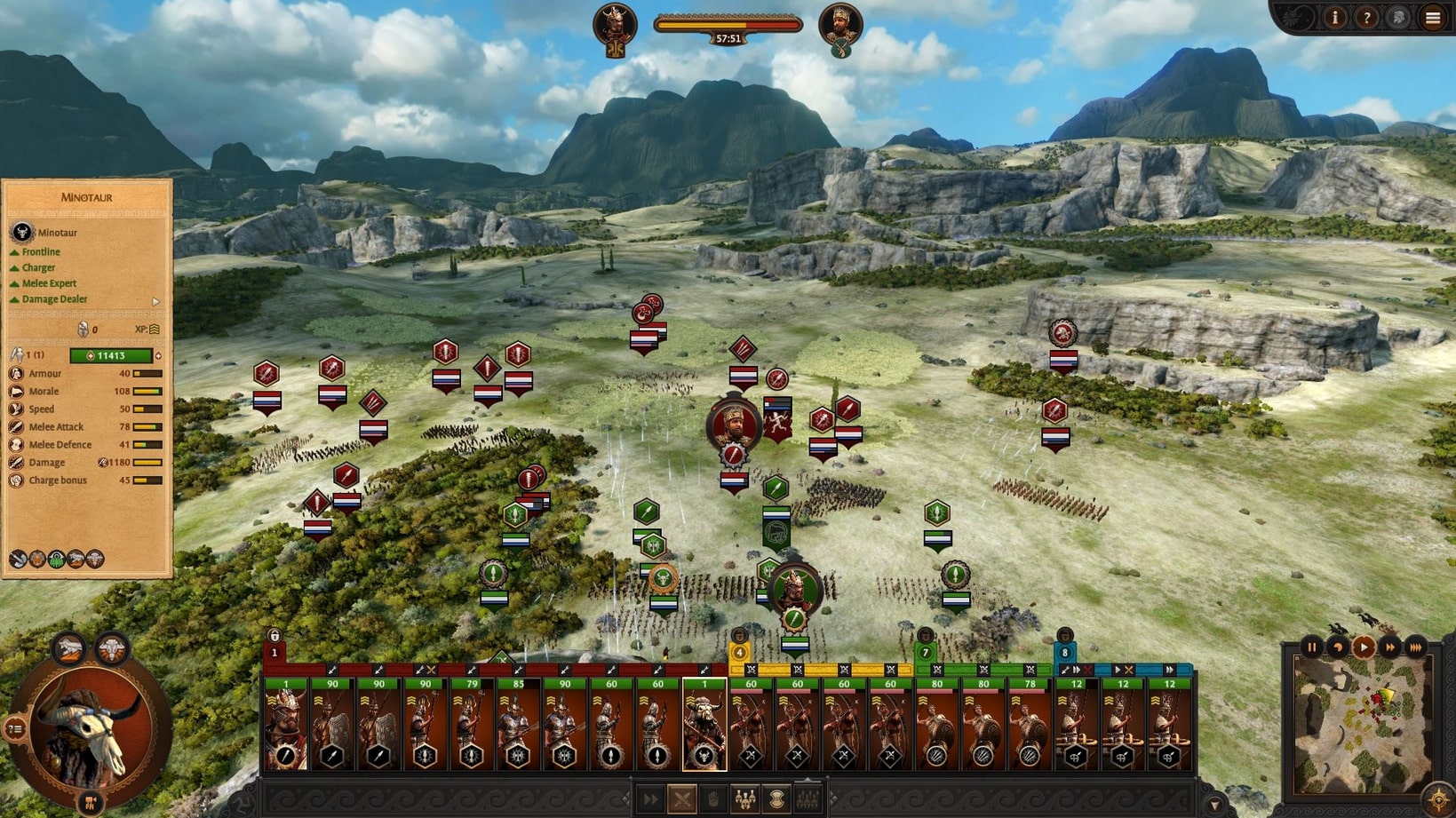
Signal the sirens and rally the troops!
A Total War Saga: TROY is a wonderful turn-based strategy game that puts your planning and military governance skills to the test. Taking place during the Trojan war, you can take on the roles of either the Trojans or the Achaeans to mark your place in historical significance. Since its release, there are 5 expansions to have come out, making for even more content to explore in Troy and the surrounding Aegean civilizations.
The Trojan war plays a major role as one of the most significant events to come out of Greek mythology, as not one text, poem, or book as a whole can cover the entire events of the decade long siege, and many of these articles or prose works tend to contradict each other in the events that they describe. The game includes your choice of famous heroes from the war such as Ajax, Odysseus, Achilles, and more, those of which have special abilities that can be used during battles. Furthermore, as the game progresses, you’ll gain the favor of the Greek gods, providing you gameplay benefits so as to better ensure victory as you wage war upon the enemy!
The designs of the large sandbox-scale battlefields are impressive, creating an immersive experience when you’re commanding your troops to launch all out attacks against the opposing army. The gameplay can be either slow or fast, depending on the meticulousness of your playstyle, but regardless of how you choose to play, there is never a lull in excitement (especially with the inclusion of a multiplayer mode, if the campaign mode isn’t doing it for you). The soundtrack is also very intense, encapsulating the need to shed the blood of your opponents in an effort to win the ongoing war.
5. Tribes of Midgard
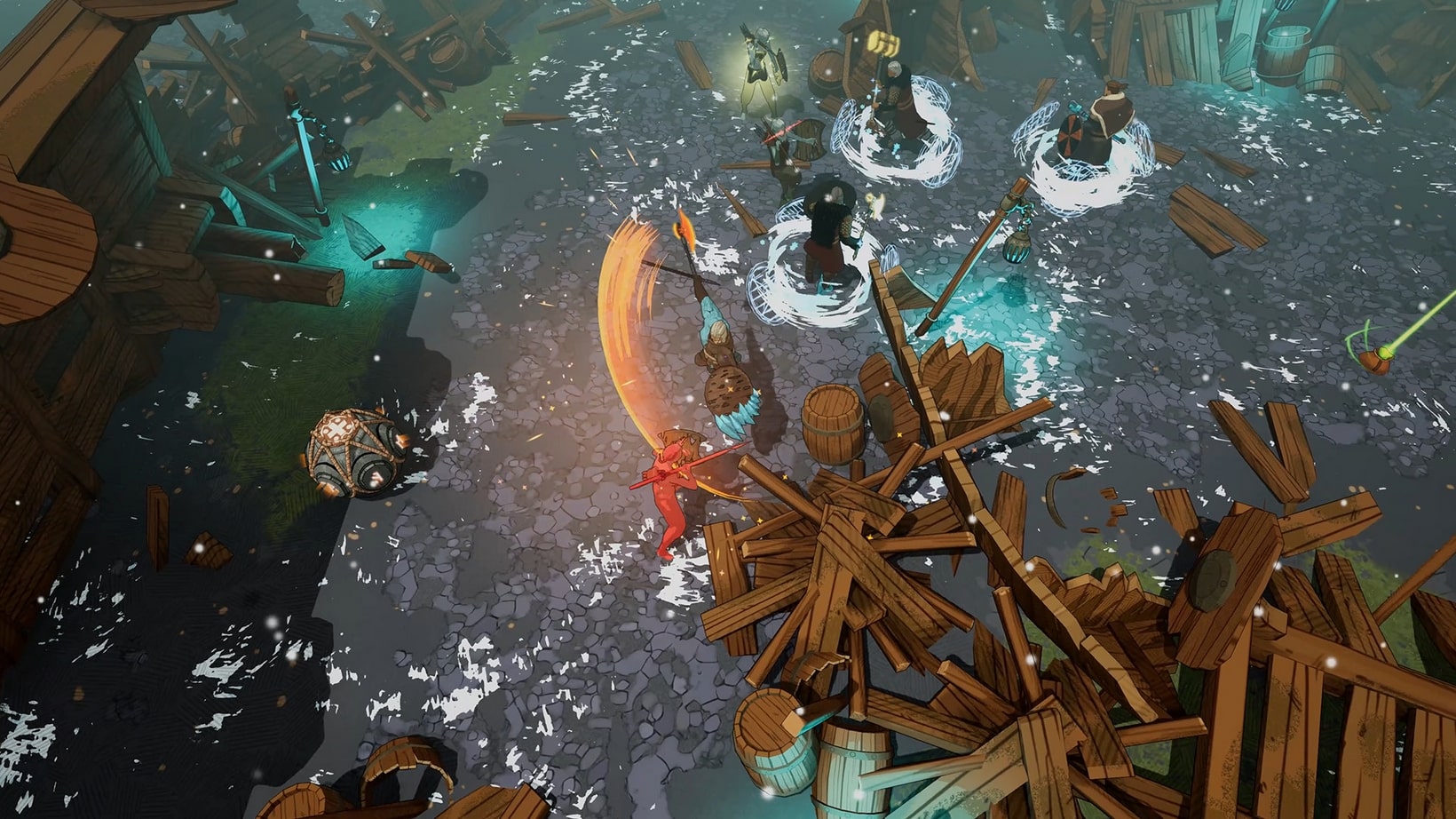
Just a wee chilly; let's heat things up!
Taking inspiration from games such as Diablo and Don’t Starve Together, Norsfell games brings the genre-bending Tribes of Midgard. Up to 10 players, yourself included, can explore the realm of Midgard, either in Saga mode or Survival mode. Choose a class, rally your companions, and protect the seed of Yggdrasil from those who would bring ragnarök down upon the world!
Yggdrasil, in Norse mythology, is a big ash tree that connects the nine realms, including Midgard, Asgard, Niflheim, Helheim, etc. The game requires that you protect it or ragnarök (see above: God of War) will soon strike, starting with the impending Fimbulwinter, the 3 year final winter of the world before the end of the world ensues. The player character is an Einherjar, a viking hero from Valhalla (those who die in combat go to a heavenly hall in Asgard in Norse mythology).
This game has a lush, yet cartoonish style, with very simple and fluid combat. It combines everything that’s great about action-roleplaying games and mixes that fun combat style with what makes survival, resource management games so enjoyable as well. This game also features a battle pass season system to get extra goodies including equipment, costumes, and other cosmetic items, so as to give you more things to strive for and more ways to express yourself.
4. Black Book
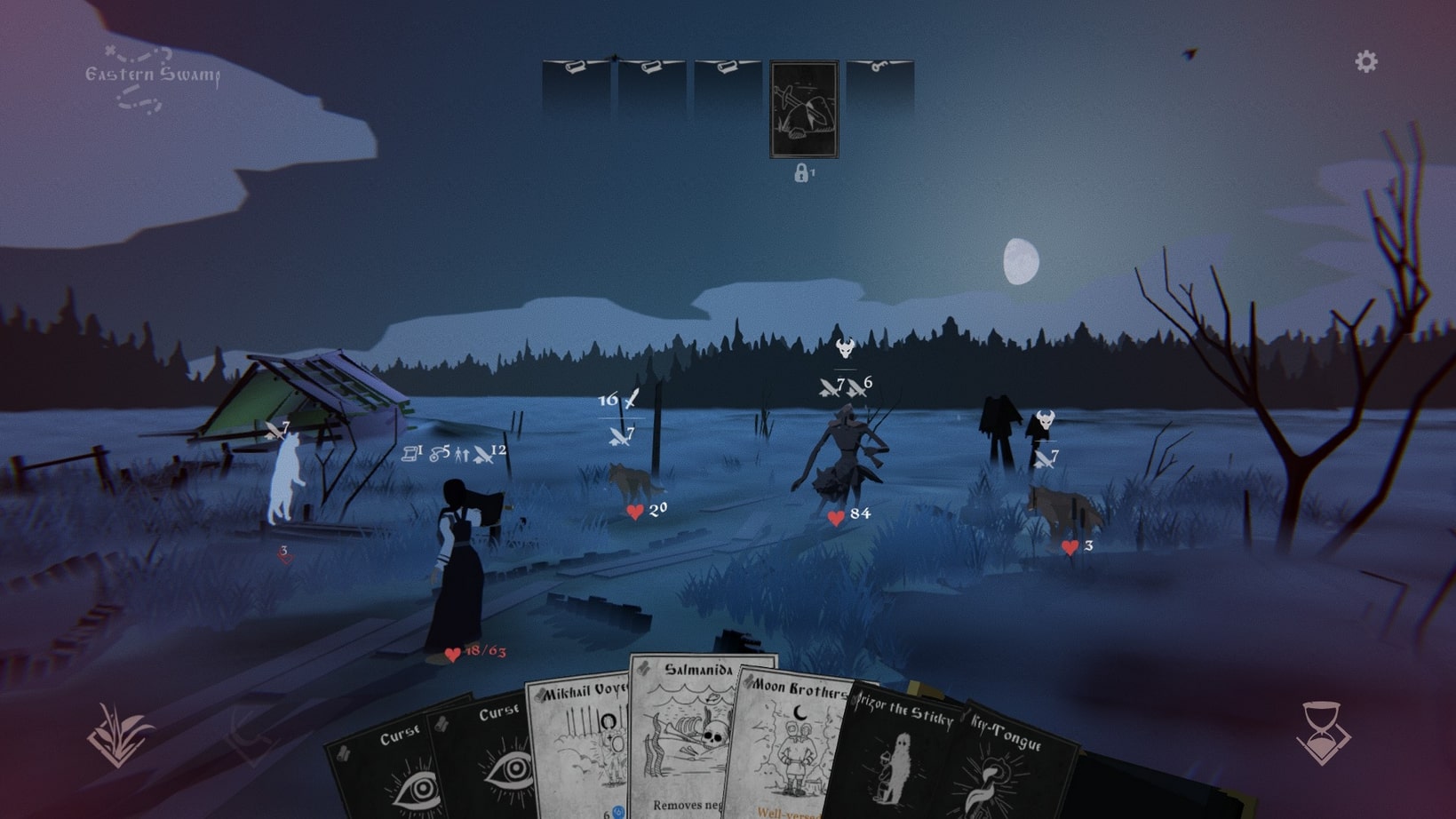
Casting a silly little curse on a few silly little dogs.
When people refer to mythology, they often think of 3 different cultures and their lore: Norse, Greek, and Roman. They’re often referenced, alluded to, and share striking similarities in the morals and lessons they attempt to outline. Black Book, however, takes inspiration from elsewhere, opting for Russian folklore and mythology for the basis of its tale.
A lot of the game revolves around the use of Bailichkas, a story from Russian folklore about an allegedly true firsthand event involving meeting spirits and demons. This is not to be confused with a Byvalschina, very much like the Bailichka, however, where the Bailichka is a firsthand account of a supernatural incident, a Byvalschina is told without regard of the personal testimony of an eyewitness. The terms “Byvalschina” and “Bailichka” didn’t become prominent until the 19th century, when this game takes place.
Black Book is a deck-building RPG adventure game, but without the roguelike elements often found in a deck-building RPG. The use of “Bailichkas” as the main catalyst for the story, as well as the choose your own path aspects of the game, make for a very story-rich, compelling game experience. I also think that it’s a good change of pace, exploring other cultures’ lores and myths, rather than rehashing lores and myths people are already familiar with, offering a learning experience for the player.
3. Expeditions: Viking
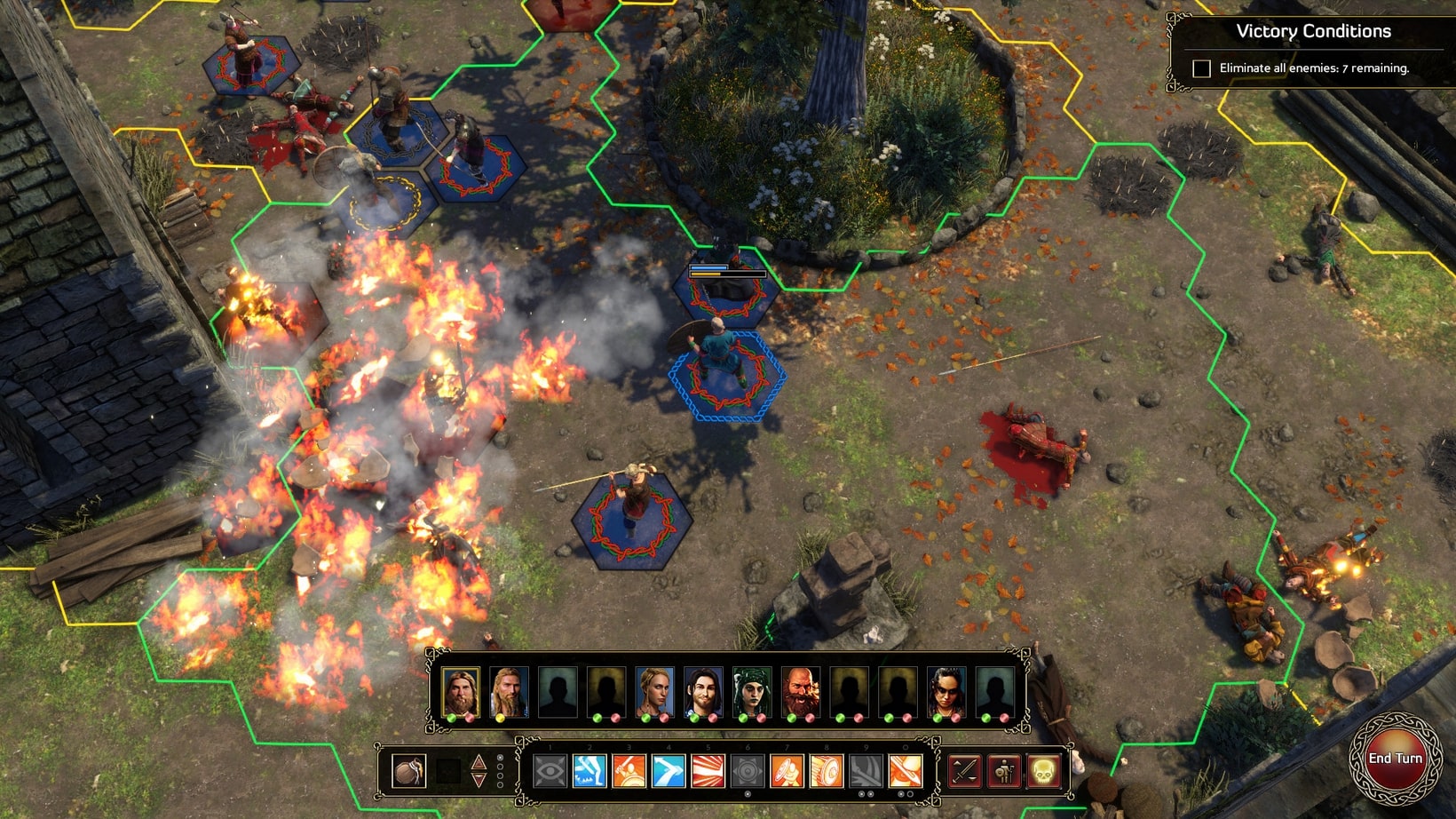
Burn, baby, burn!
Expeditions: Viking decides on an approach more rooted in historical significance, unlike some of the other games on this list. An extensive tactical RPG, this game offers a lot in terms of ways to play, be that through bloody brawls and pillaging or through politics and trading. Your choices decide whether you and your viking village were made for history or destined for destruction!
The game takes place in 790 AD, a few years before the extensive Viking Age, and essentially lays the groundwork that showcases the might of the Norse civilizations. The most mythological aspects of this game are the belief in higher powers, as Norse gods/goddesses are as highly coveted and praised as other gods/goddesses in other cultures, and the use of mythological “creatures,” though they’re not creatures at all, but simply illusions created by happenstance. For a fresh take on Norse history and myth, this is a fantastic game to gain another perspective.
I love the blend of real time adventure and turn-based action as it keeps exploration going smoothly, but allows you to really think about your next move in battle. The fact that this game has multiple endings based on your actions is also really appealing since branching storylines are becoming more and more common. This game is meant to be played many times over, seeing just what works and what doesn’t when it comes to conquering lands as a chieftain.
2. Hellblade: Senua's Sacrifice
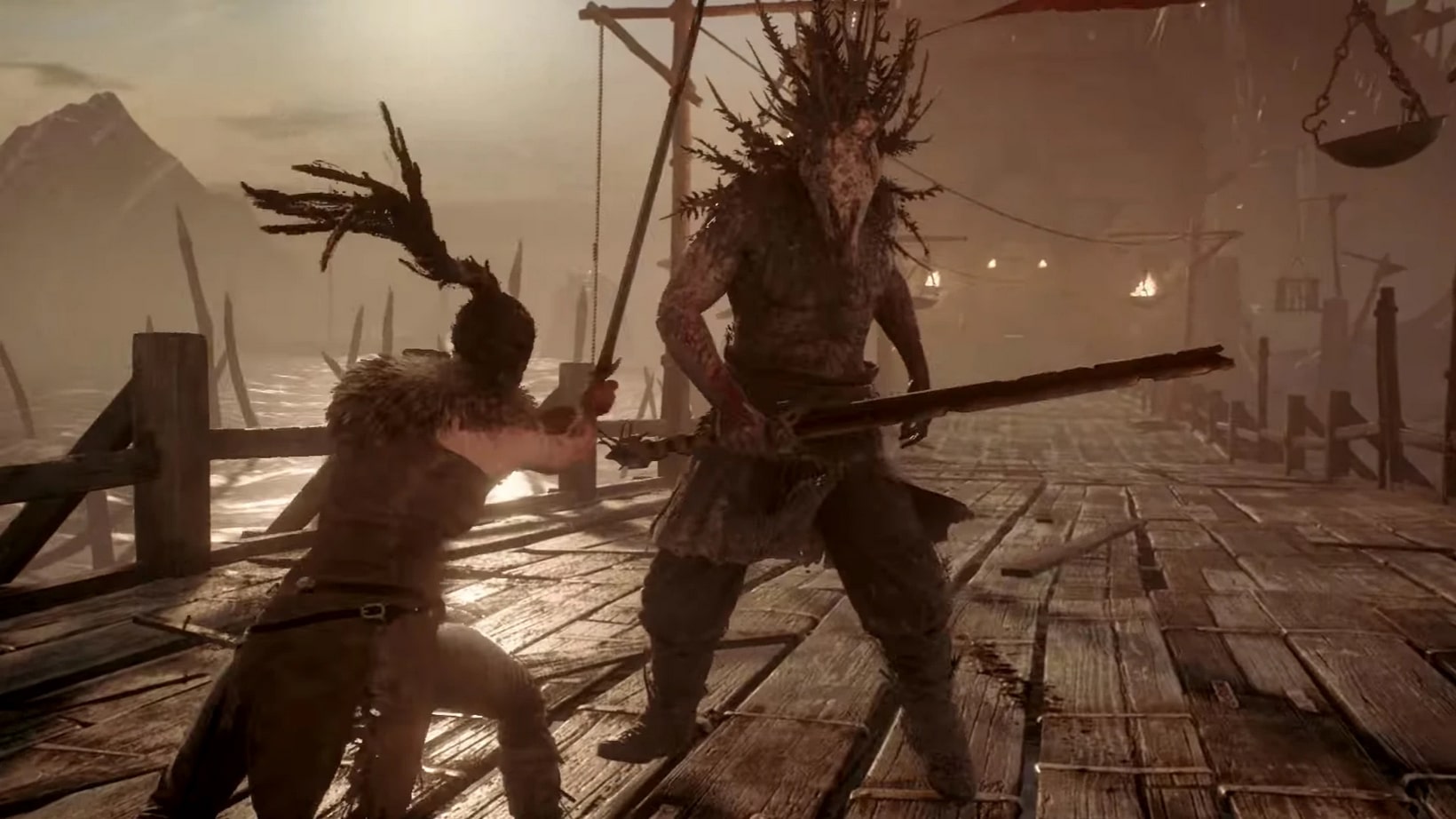
This guy's got at least a foot on you, ma'am.
Hellblade: Senua’s Sacrifice is yet another example of greatness being achieved in video games, once again outlining Norse mythology as a template for the story it chooses to tell. A very plot heavy game, Hellblade uses its main character and the surrounding landscapes to explain its motifs of loss, love, and coping. This game is an indie game with the scope of a AAA game, one out of a small slew of games to have achieved this.
The mythology is of no story in particular, however we do meet a wonderful slew of bosses/characters based on those in Norse mythology. These include Surt, the fire giant, Valravn, the god of illusions (though Valravn is not a god in mythology, but is a supernatural entity in authentic Danish folklore), and, the antagonist, Hela, goddess of death and ruler of Helheim. Though the playtime is short in comparison to other games, only coming out to 7 hours and 30 minutes if focusing on the story, these elements coming together make for a captivating experience that not many other games can replicate.
One of my favorite aspects of this game is the depiction of Senua’s psychosis as a way to either further the gameplay along or to deceive you into thinking progress is being made. While traversing areas as a lone traveler in a game can often be desolate or barren, the fact that there’s always something going on and it’s never quiet actually works to this game’s advantage. The combat is also something to appreciate and, while not the focal point of the game, definitely gives off For Honor vibes in the way it opts for a defensive playstyle over button mashing and carelessness.
1. King Arthur: Knight's Tale
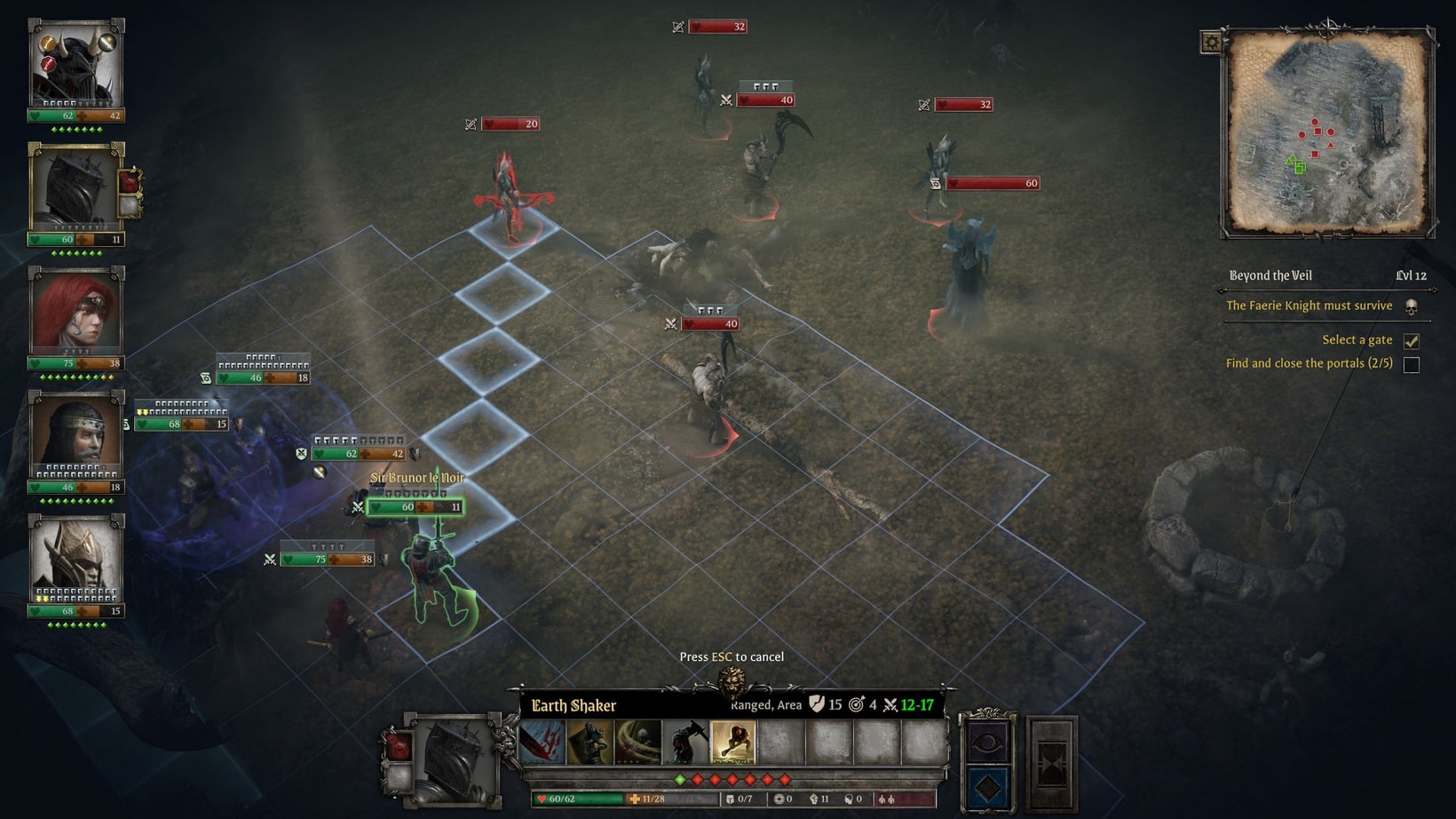
Can't decide if "Brunor le Noir" sounds cool or just plain dumb.
Medieval tales of yore tell of many figures, some perhaps not as fictional as others, but all captivating, nonetheless. In King Arthur: Knight’s Tale, you take on the role of Mordred and are, in fact, fighting against the titular King Arthur in a corrupted form. A surprising turn of events considering how the golden boy of Avalon is typically depicted in the media.
Mordred in medieval lore is King Arthur’s traitorous nephew, looking to take the throne of Camelot, and, in a final battle against each other, are destined to kill each other. This happens in the preface of this game before showing off its alternate mythos. Other characters of Arthurian legend also make an appearance such as Lancelot, Guinevere, The Lady of the Lake, Morgana le Fay, and many others.
This game works very similarly to XCOM, naturally because of its focus on tactical RPG-focused combat. It also takes from other lore not as deeply explored in video games as culture and religion mythos tend to be. If you like RPGs, especially tactical ones, and like Arthurian legend, or even just medieval-esque settings, then this could be the next game to try out!

